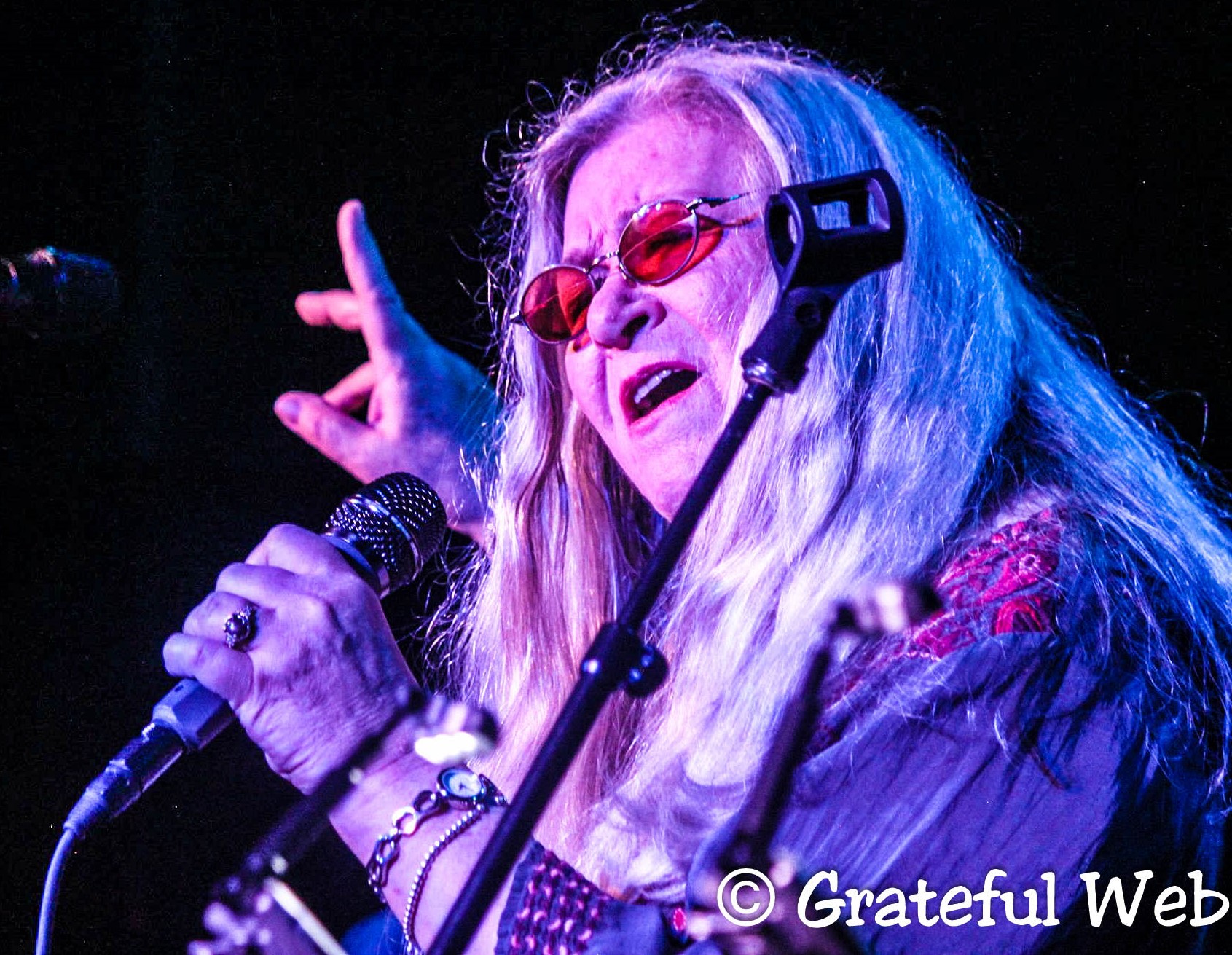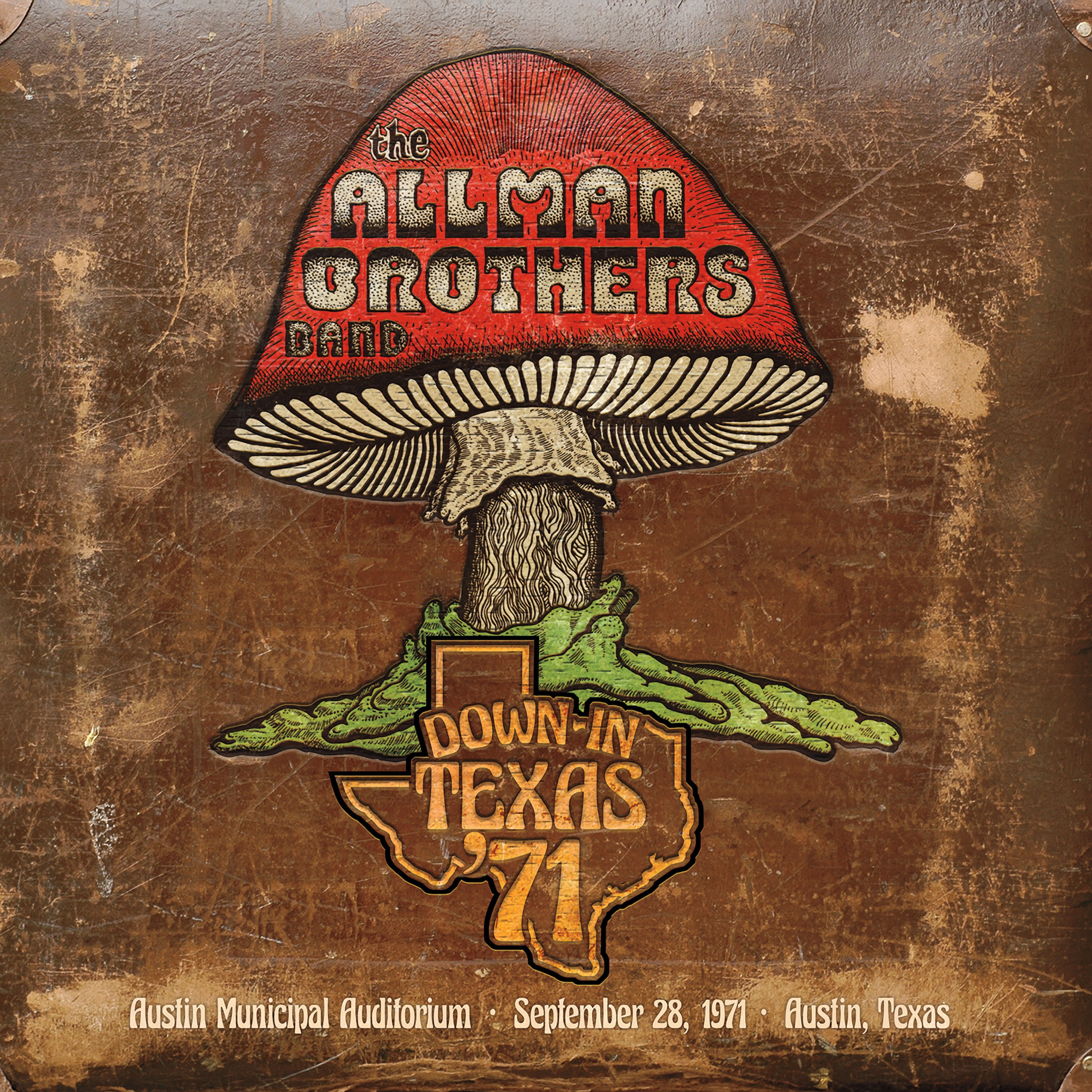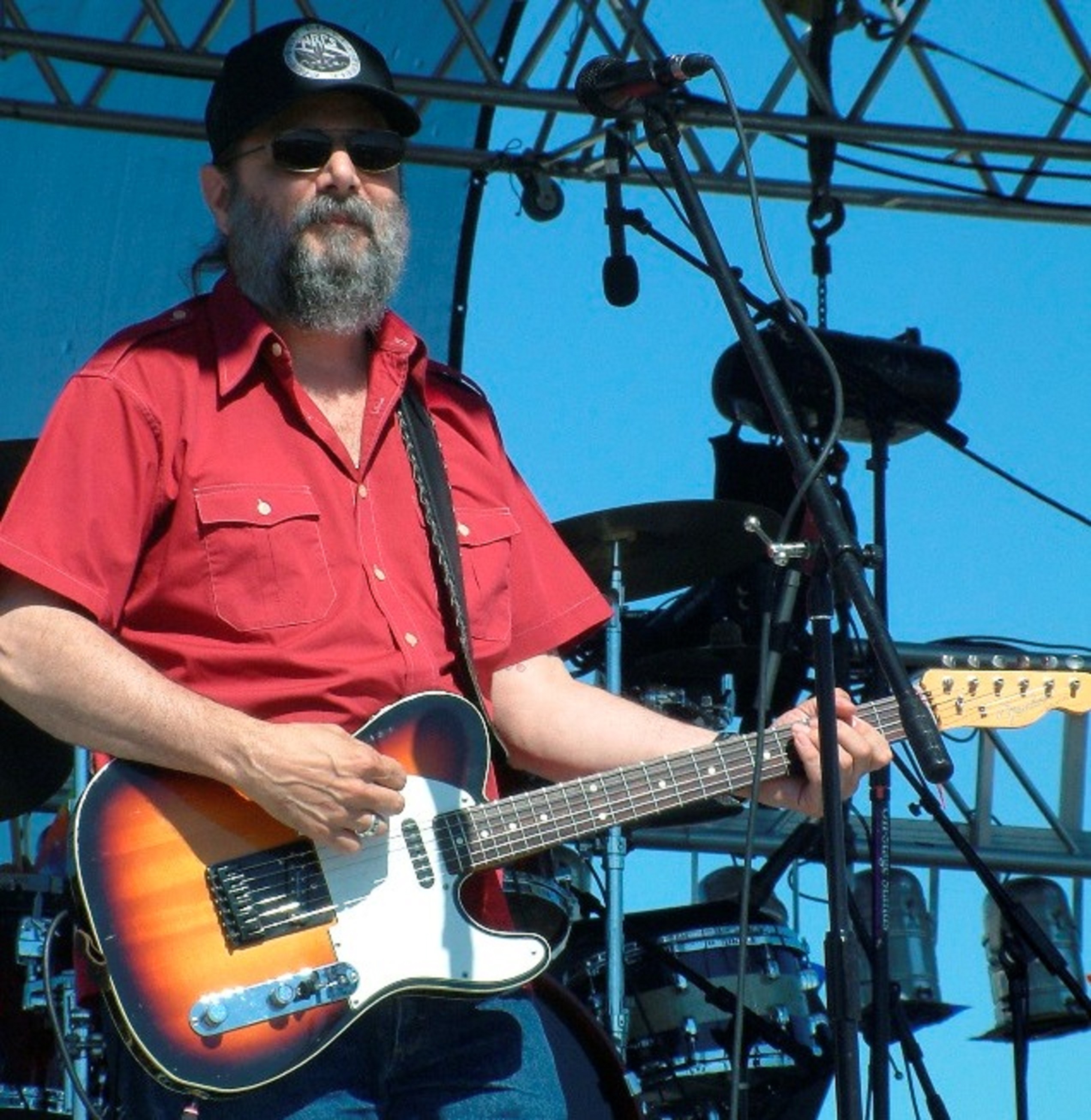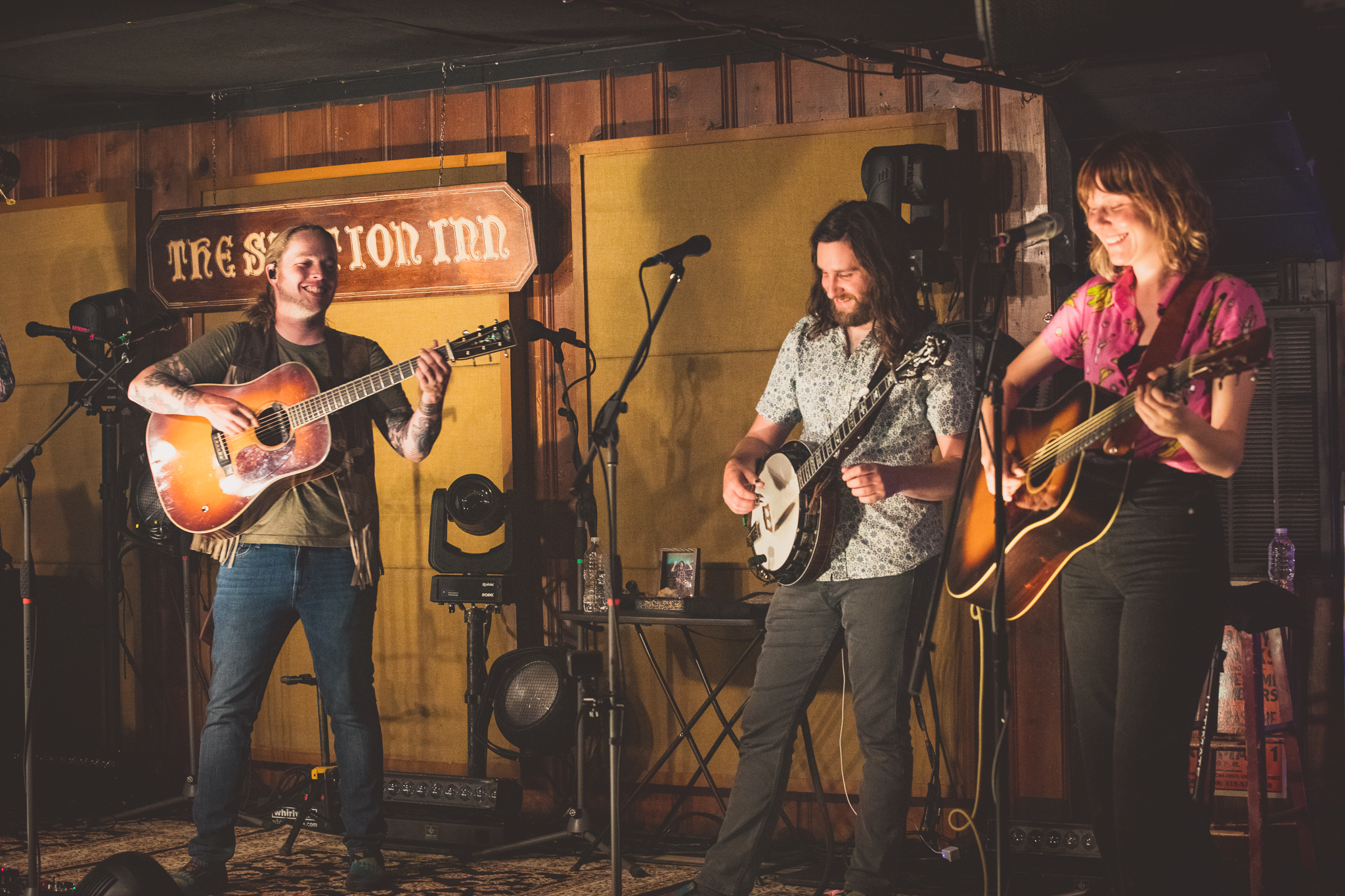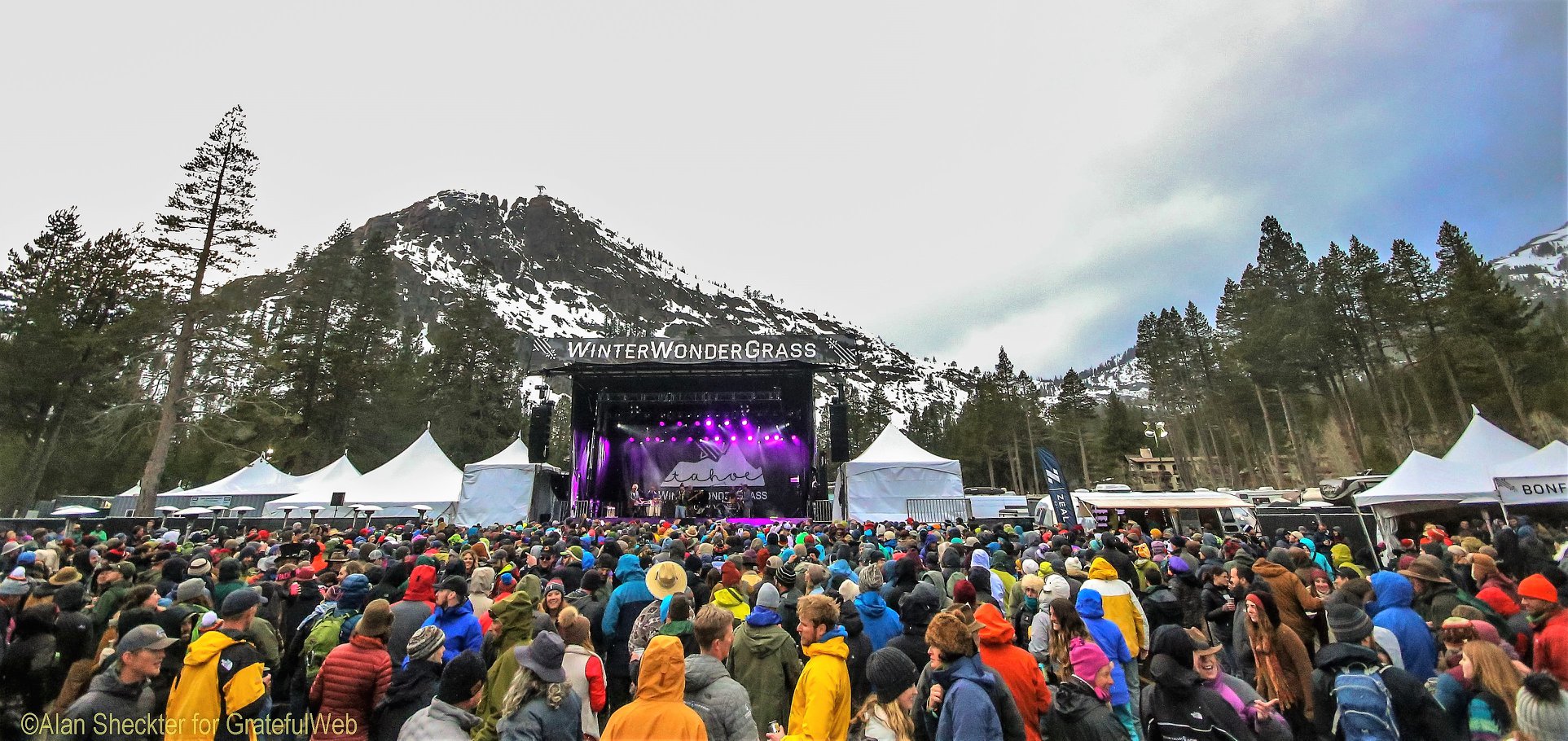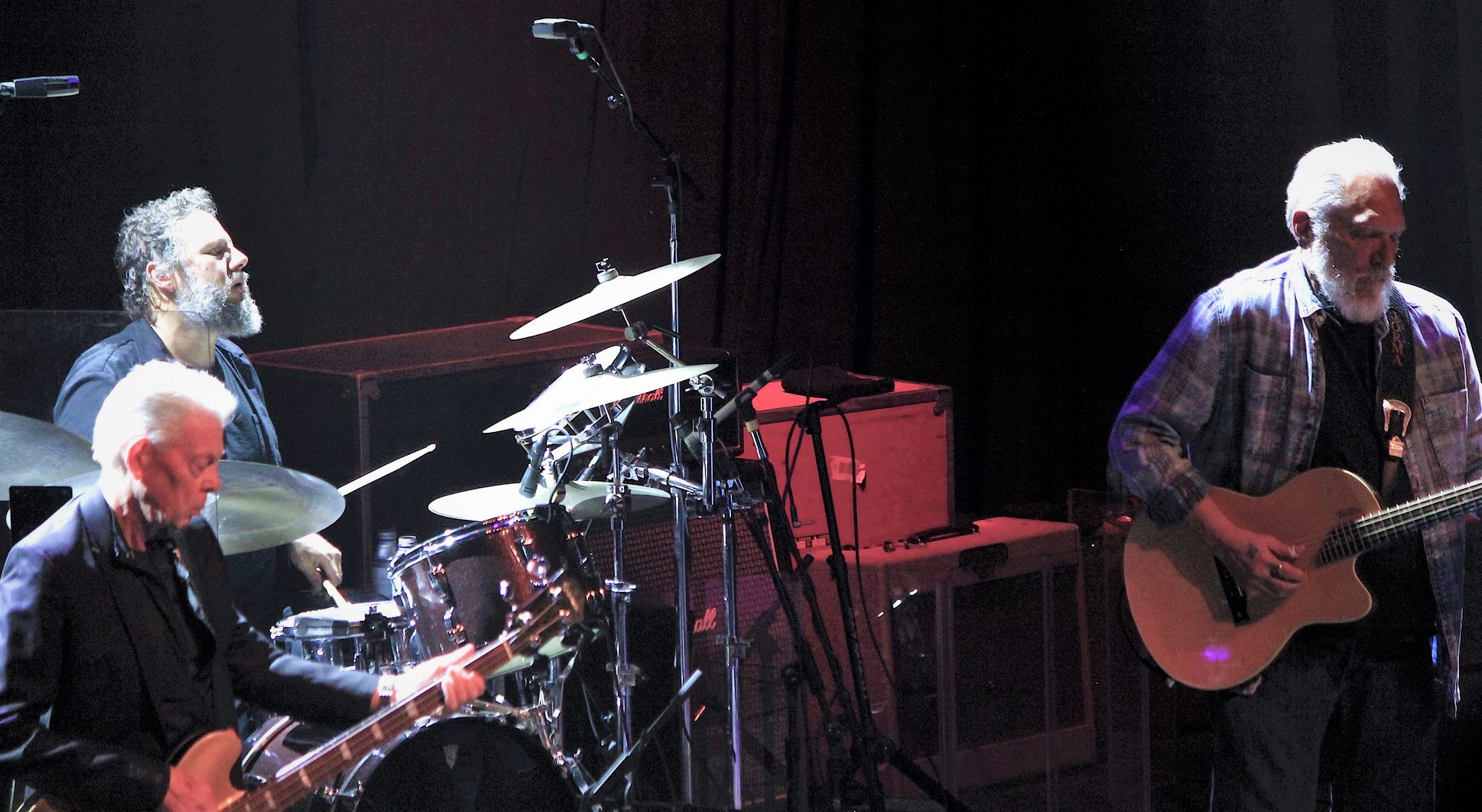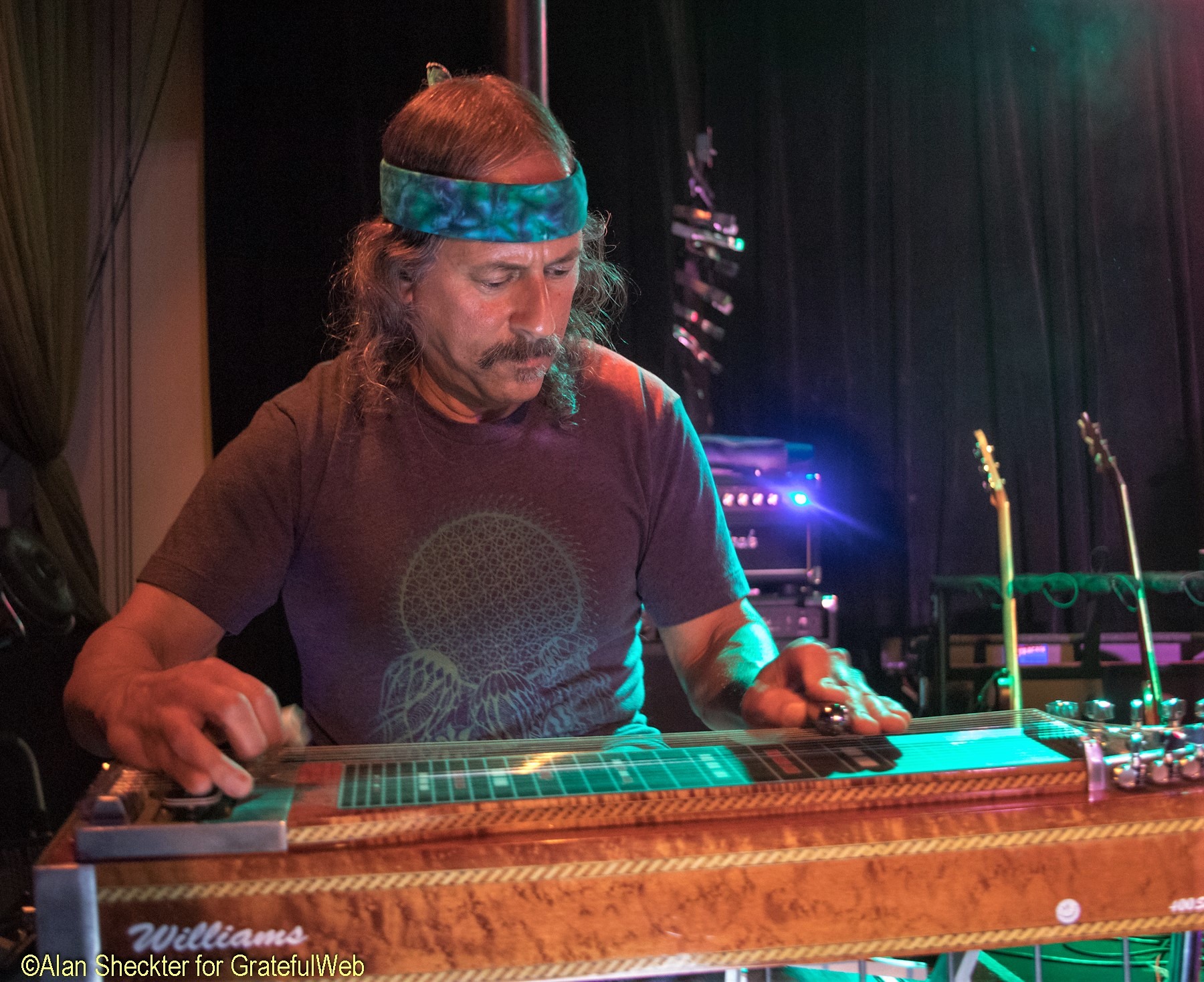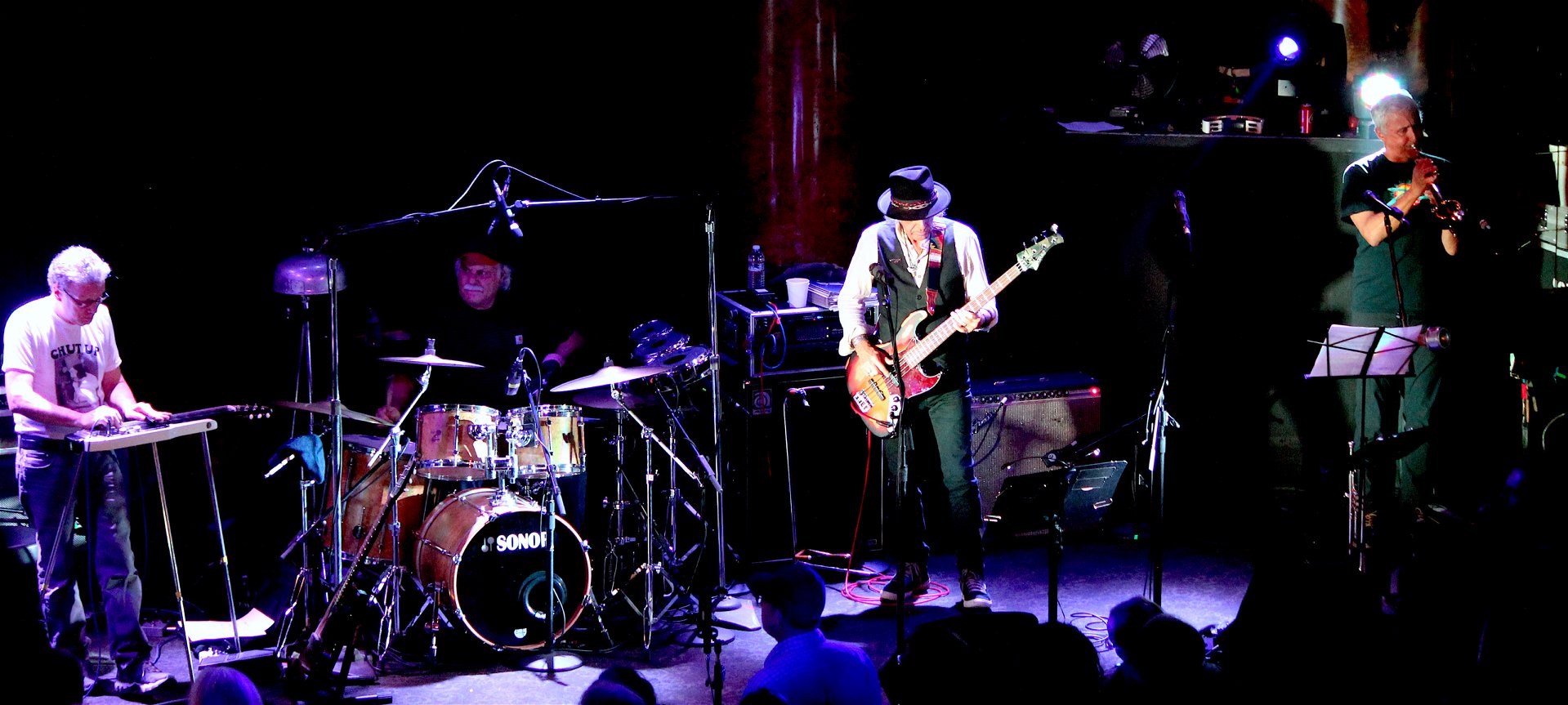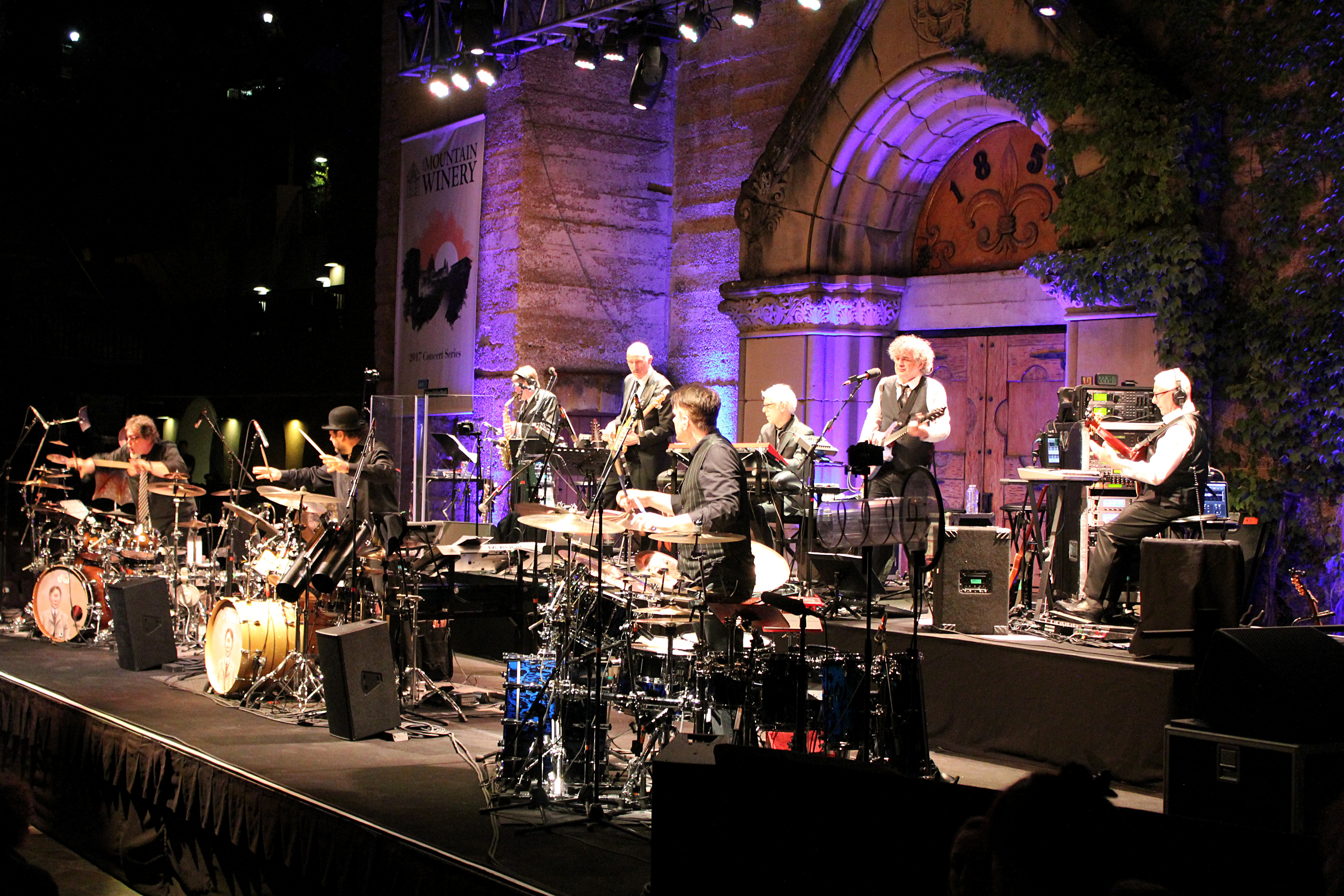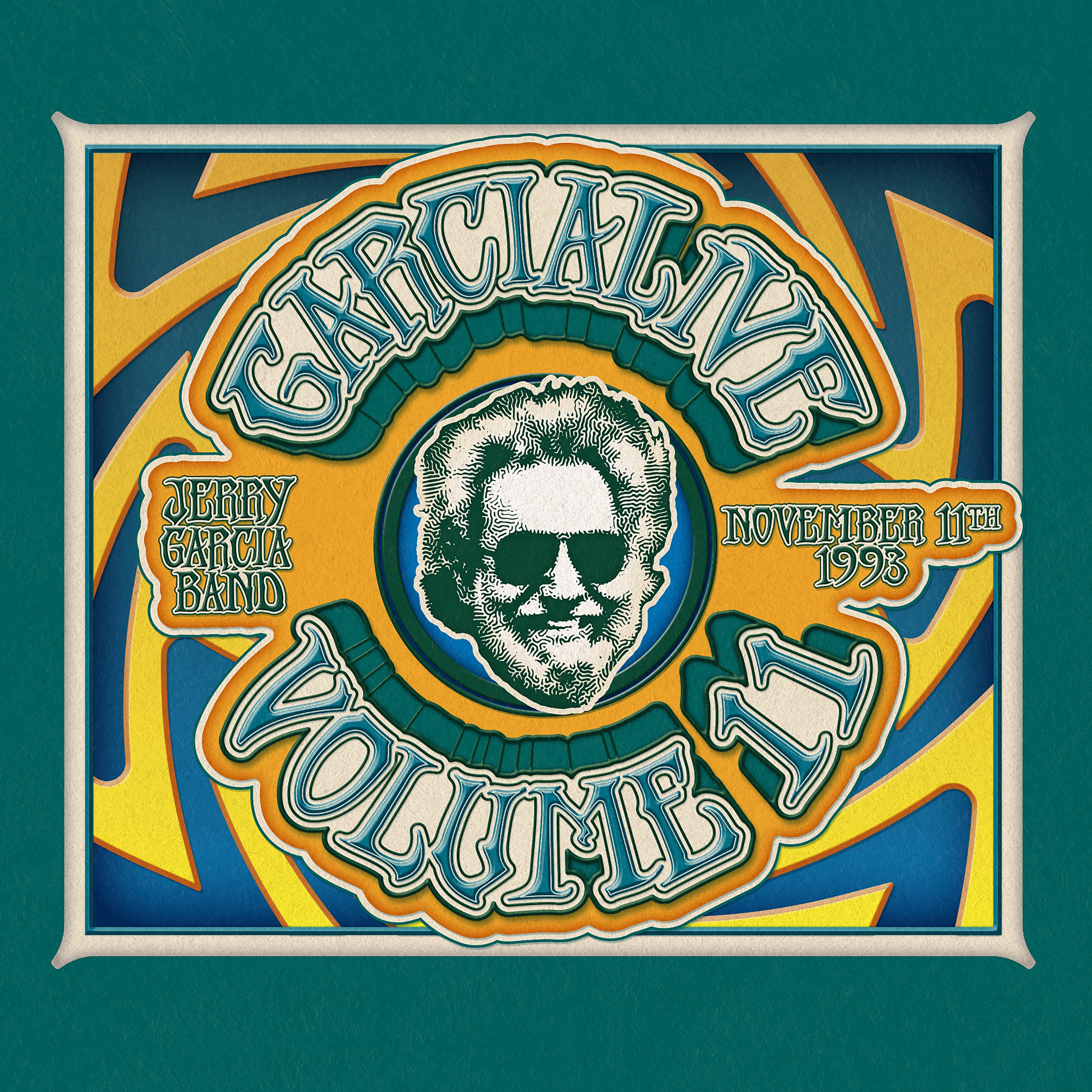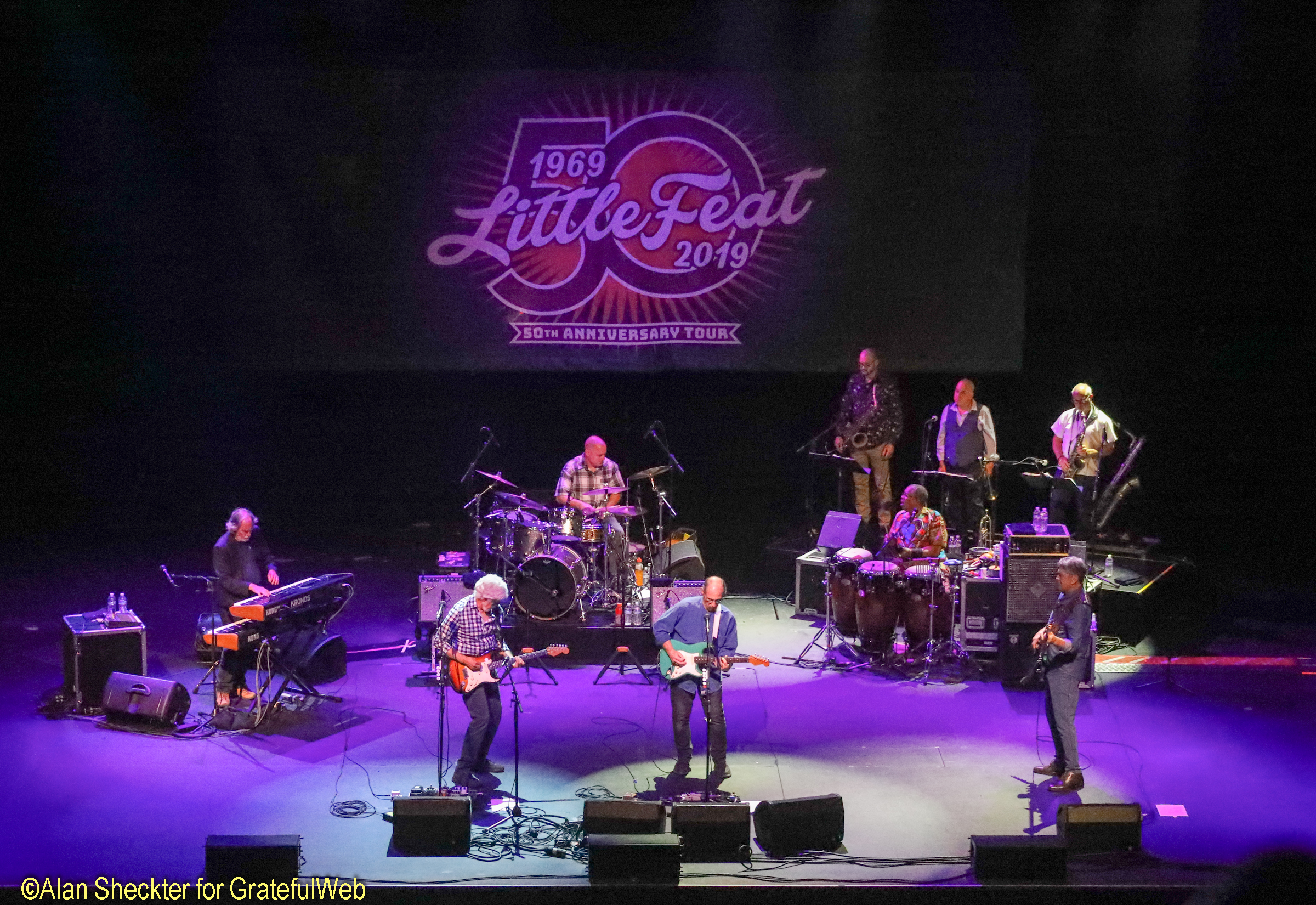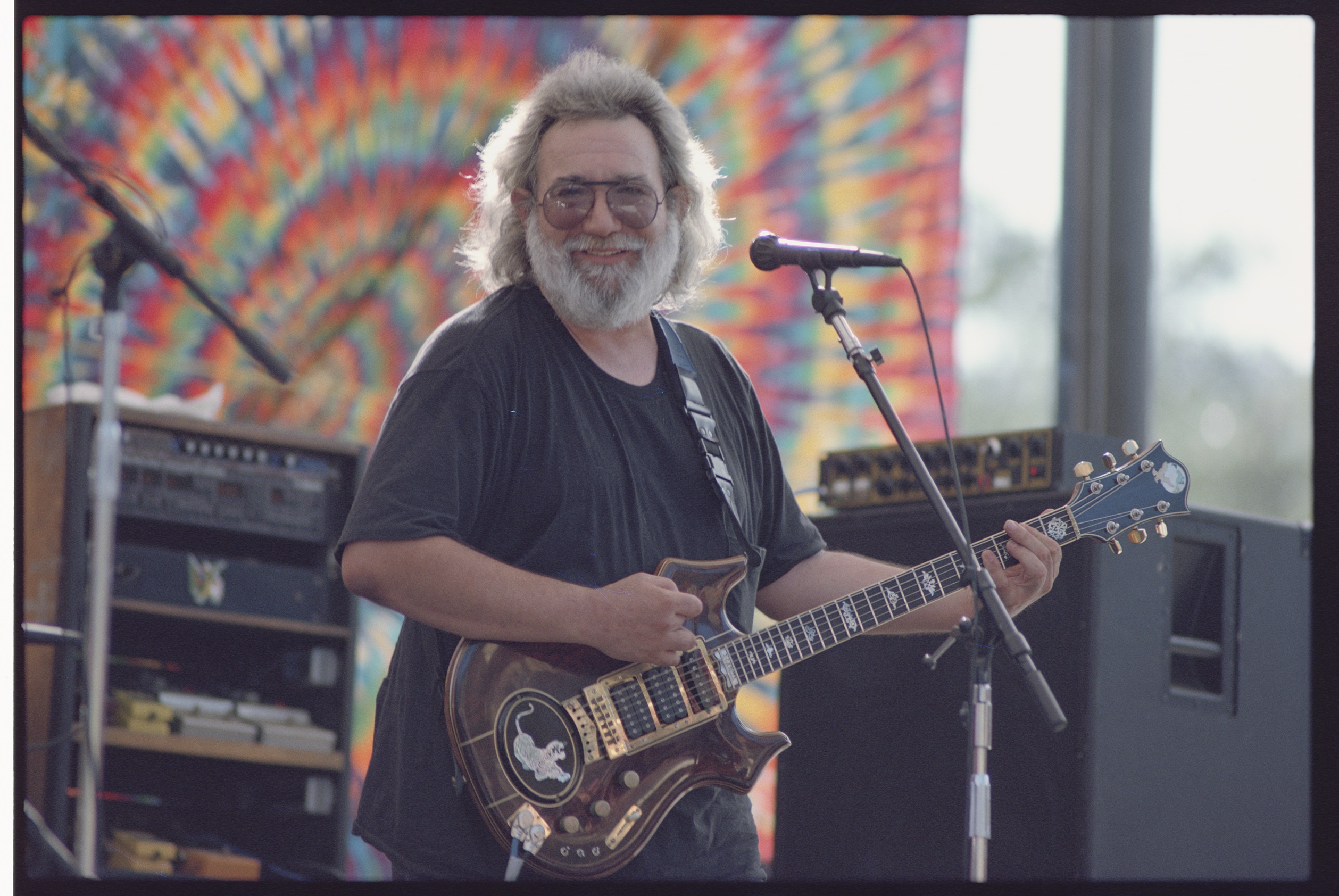It is such a gem that the large family of bluegrass music still has the likes of Del McCoury around. And simply declaring that Del is “still around” is a gross understatement. More accurately would be acknowledging his linage and persona as being at a career-high peak moment. Not only has classic bluegrass music had resurgence in popularity over the last twenty years, but also many of the oldies of the genre are still hashing out quality work. Seventy-Two year old Del McCoury and his band are the key example of this continuing tradition. Having seen Del, and his sons perform on numerous occasions has been one of the highlights of my live music going experience. Del has never compromised the roots nature of his sound for any fusion elements. He is of the generations before New Grass Revival and John Hartford. Even Norman Blake. Mr. McCoury is a member of Nashville’s esteemed Grand Old’ Opry and Alumni of Bill Monroe’s infamous “Bluegrass Boys”. His newest studio project Old Memories: The Songs Of Bill Monroe doesn’t rehash its selection of various originals from Monroe’s Fifty-Five year career, rather it restores back to life the original valor and intent of this strict and specific form.
One of the pleasures of McCoury’s take on a Monroe tribute is that instead of throwing his mainstay songs our way (ie. “Wheel Hoss”, “Working On A Building”, “Footprints in the Snow”), Del dug deep into the Monroe catalogue to find the tunes that personally influenced him rather than what was most popular. Admittedly, aside from “John Henry”, “I’m Blue I’m Lonesome” and “My Rose of Old Kentucky” all of these classics were lesser known to me. This was surprising as an avid goer of countless bluegrass and family events to be in the dark on many of these songs. Looking back, Mr. McCoury seems to have selected cuts mostly from 1945 to 1965. Del was selected in early 1963 to be lead guitar and vocalist for Monroe’s band. When you listen to McCoury’s controlled vocal style and range of pitch, its obvious why the grandfather of Bluegrass chose him to head his band.
 Del’s career since has been an expansion of the traditional bluegrass sound that Monroe’s legacy coined. Though his style could always be considered within that traditional vein, this new project is particularly delicate in exploring both the instrumental throw-downs and soulful laments that made Monroe’s sound a trademark. It’s obvious this record is embracing the style closely and correctly. The collection of tunes is well balanced and thoughtful, exploring the subtle nuances of the genre beginning to end.
Del’s career since has been an expansion of the traditional bluegrass sound that Monroe’s legacy coined. Though his style could always be considered within that traditional vein, this new project is particularly delicate in exploring both the instrumental throw-downs and soulful laments that made Monroe’s sound a trademark. It’s obvious this record is embracing the style closely and correctly. The collection of tunes is well balanced and thoughtful, exploring the subtle nuances of the genre beginning to end.
Old Memories, opens with the brief instrumental romp “Watermelon on the Vine”. Hefty bass thumps set the listener up with a predisposition: This is NO country record. Though we get a few slower paced tunes in the bunch such as “Lonesome Truck Driver’s Blues” and “Alabama Waltz” they serve as opportunities for Del to display the structure of the Monroe sound. Though bluegrass is an instrumentally complex form, the tradition also includes soulful laments and well-paced waltzes. The hard-hitting dancier numbers reenergize the folksier moments. Del has been performing “John Henry” since his start with Monroe, and this studio rendition is just bursting with vibrancy and flare.
Del’s band has solidly been a family band for decades. As usual, he is backed by his son Robbie on banjo, Ronnie on mandolin, fiddler Jason Carter, and Alan Bartram on standup bass. On this record, Carter’s rises most impressively on the top of the mix, achieving (as Peter Rowan coined) that “high lonesome sound”, keeping rhythm while setting the lead. All five including Carter display their fast-playing chops best on “Lonesome Road Blues” and “Train 45 (Heading South)”, which match the pace of their traveling theme and would rival any of bluegrass contemporaries quickest playing ace musicians. There is not a rusty tune in the bunch, and Del has made each number shine with the resilience of its original luster.
For fans of Del McCoury Band, this will become one of their essential releases. As important as new “original” material is, nothing is really original in bluegrass. Mr. McCoury has probably performed the likes of most of Bill Monroe’s catalogue, but for this collection he did something different. Sifting through the archive he assembled a collection worthy of release and reconsideration. Hopefully this album will also create new Del fans and give context to the importance of the honoree’s musical legacy. As new generations discover the musical legitimacy of bluegrass, this could serve as a pleasant textbook example of the “what’s” and “whys” of the genre. For those of us who have been enjoying it forever, it is a pleasant reminder of continuing creative drive in the medium, proudly served up from one of the genres most important living players.






